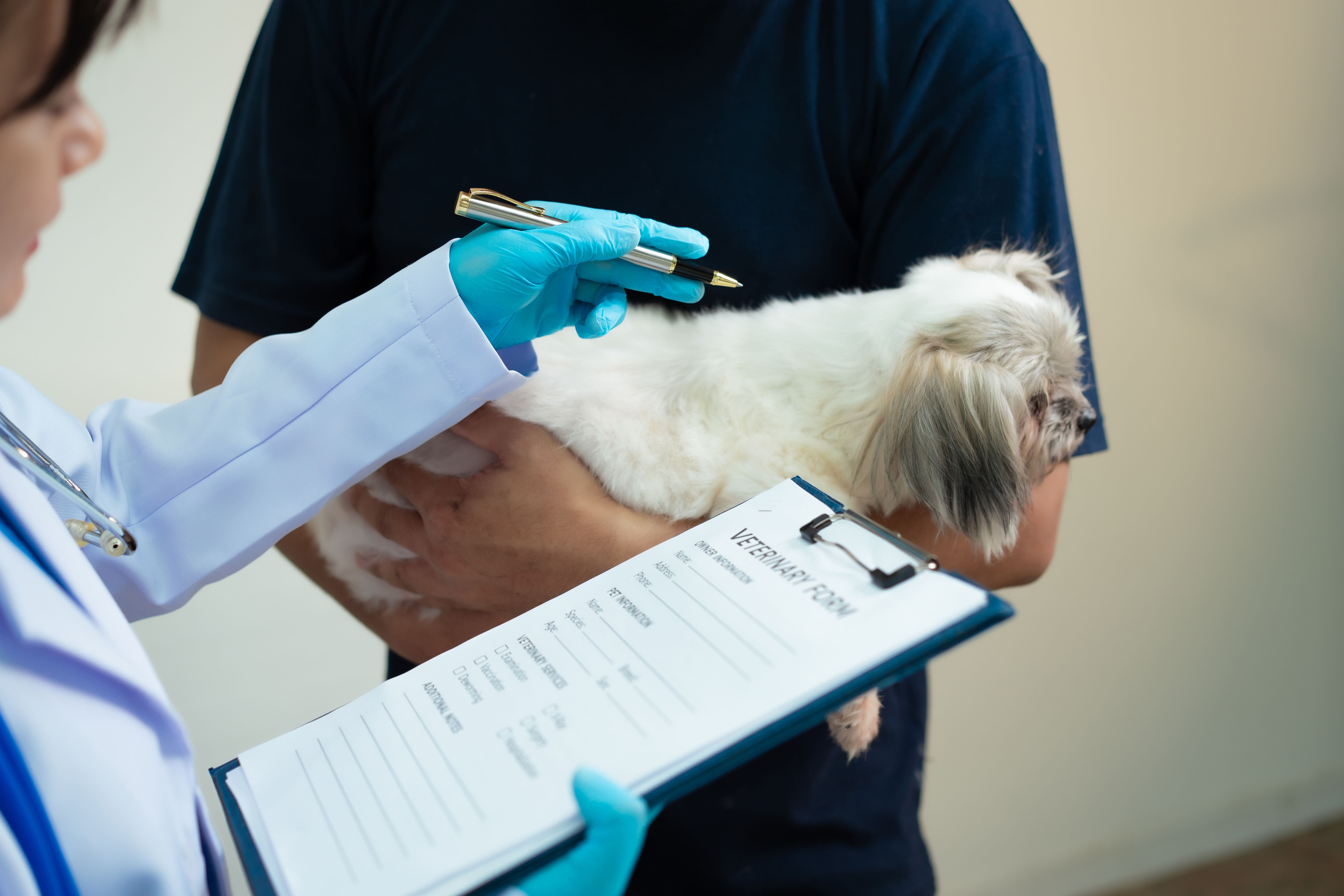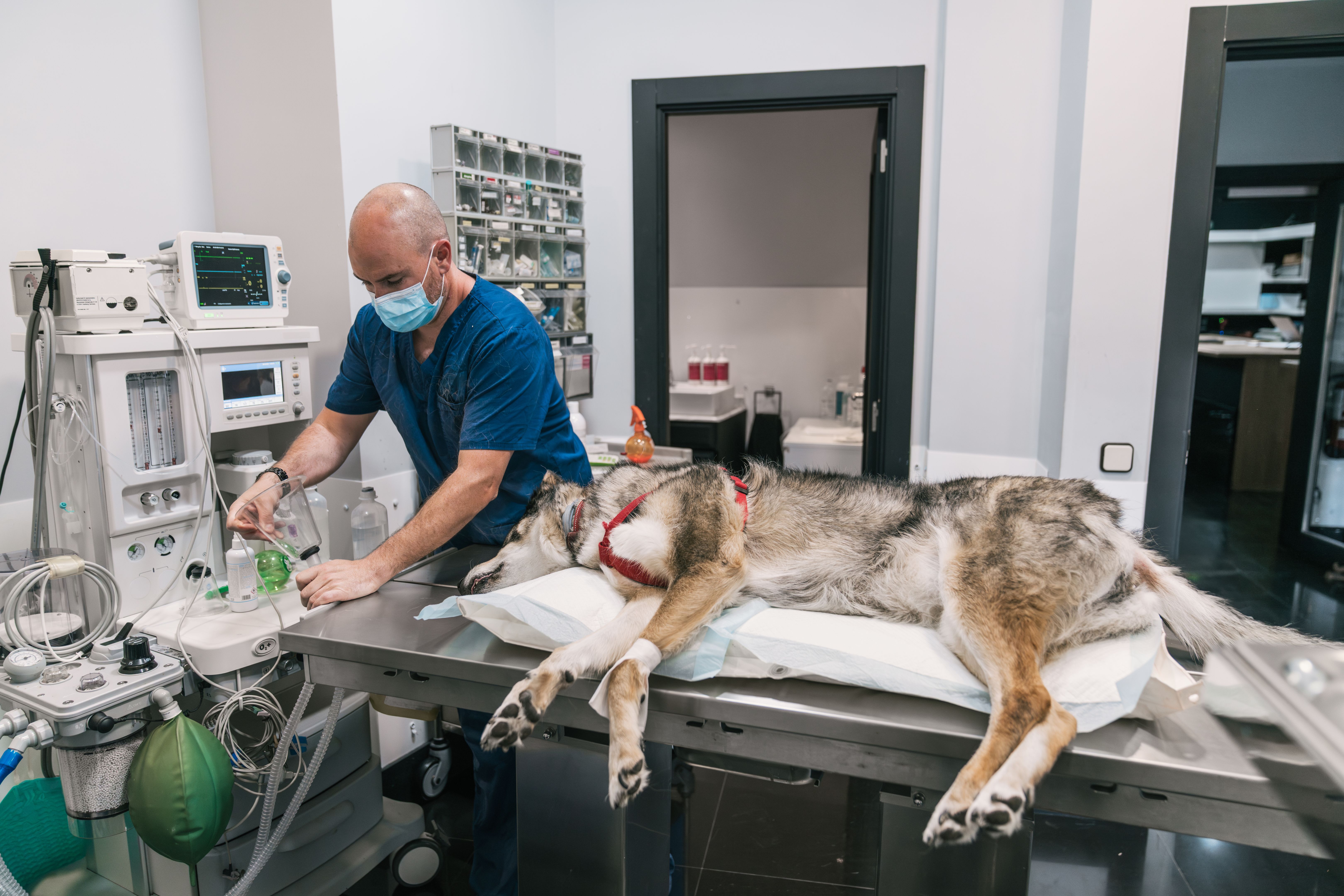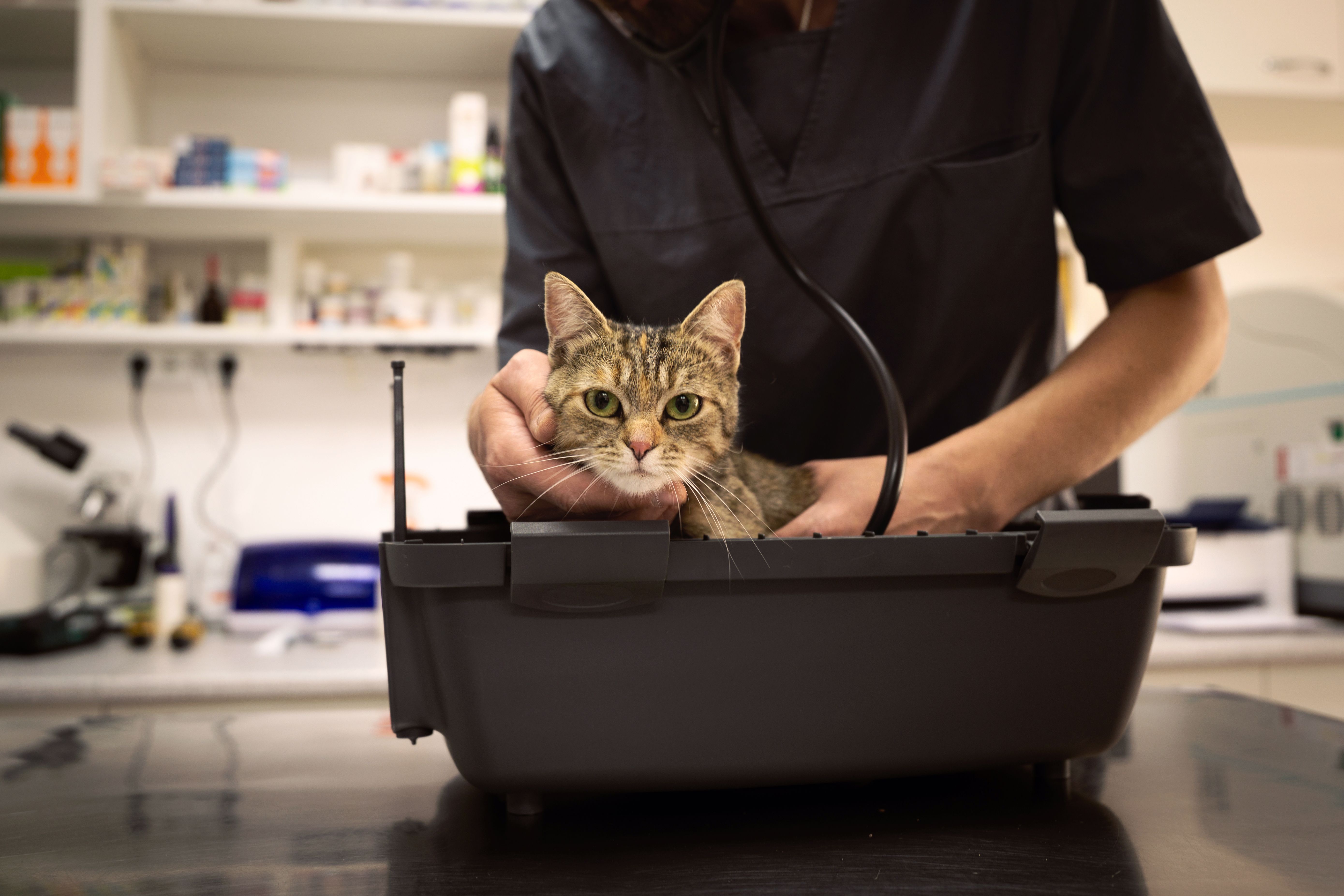The Importance of Vaccinations for House Pets
Why Vaccinations Matter for Your Pets
Vaccinations are a crucial aspect of maintaining the health and well-being of your house pets. Just like humans, pets are susceptible to a range of diseases, many of which can be prevented through proper vaccination. Vaccines work by stimulating the animal's immune system to recognize and fight specific pathogens, providing protection against potentially life-threatening illnesses.
It's important to understand that vaccinations not only protect your pet but also help prevent the spread of diseases to other animals and even humans. In many cases, ensuring your pet is vaccinated is part of being a responsible pet owner, contributing to the overall health of the community.

Core Vaccines for Dogs and Cats
Core vaccines are those recommended for all pets due to the risk of exposure and the severity of the disease they prevent. For dogs, some core vaccines include:
- Rabies
- Canine Distemper
- Adenovirus (Hepatitis)
- Parvovirus
For cats, core vaccines generally include:
- Rabies
- Feline Herpesvirus
- Feline Calicivirus
- Panleukopenia (Feline Distemper)

Non-Core Vaccines and Their Importance
Non-core vaccines are recommended based on a pet's lifestyle, geographic location, and specific risk factors. For instance, if your dog spends a lot of time outdoors or in wooded areas, vaccines for Lyme disease and Leptospirosis might be advised. Similarly, cats that roam outside may benefit from vaccinations against Feline Leukemia Virus (FeLV).
Consulting with your veterinarian is essential to determine which non-core vaccines are appropriate for your pet. This personalized approach ensures that your pet receives the necessary protection based on their unique circumstances.
The Timing and Schedule of Vaccinations
Puppies and kittens typically receive their first round of vaccinations at six to eight weeks of age, followed by booster shots every three to four weeks until they are about four months old. Adult pets require regular boosters to maintain immunity, but the frequency can vary depending on the vaccine and the pet's age and health status.
It's crucial to follow your veterinarian's recommended vaccination schedule closely. Missing vaccinations or delaying them can leave your pet vulnerable to diseases that could otherwise be easily prevented.

Addressing Concerns About Vaccination Safety
Some pet owners may have concerns about the safety and necessity of vaccinations. While all medical procedures carry some risk, the benefits of vaccinating your pets far outweigh the potential side effects. Most reactions to vaccines are mild and temporary, such as slight swelling at the injection site or lethargy.
In rare cases, more serious reactions can occur, but these are typically manageable with prompt veterinary care. Discuss any concerns with your veterinarian, who can provide guidance and reassurance based on your pet's health history.
The Role of Vaccinations in Public Health
Vaccinating pets plays a significant role in safeguarding public health. Diseases like rabies can be transmitted from pets to humans, leading to severe consequences. By keeping your pets up-to-date on their vaccinations, you help prevent outbreaks that could endanger both animals and people.
In addition to protecting individual pets and their families, widespread vaccination reduces the incidence of disease in the general pet population, making communities safer for all.
